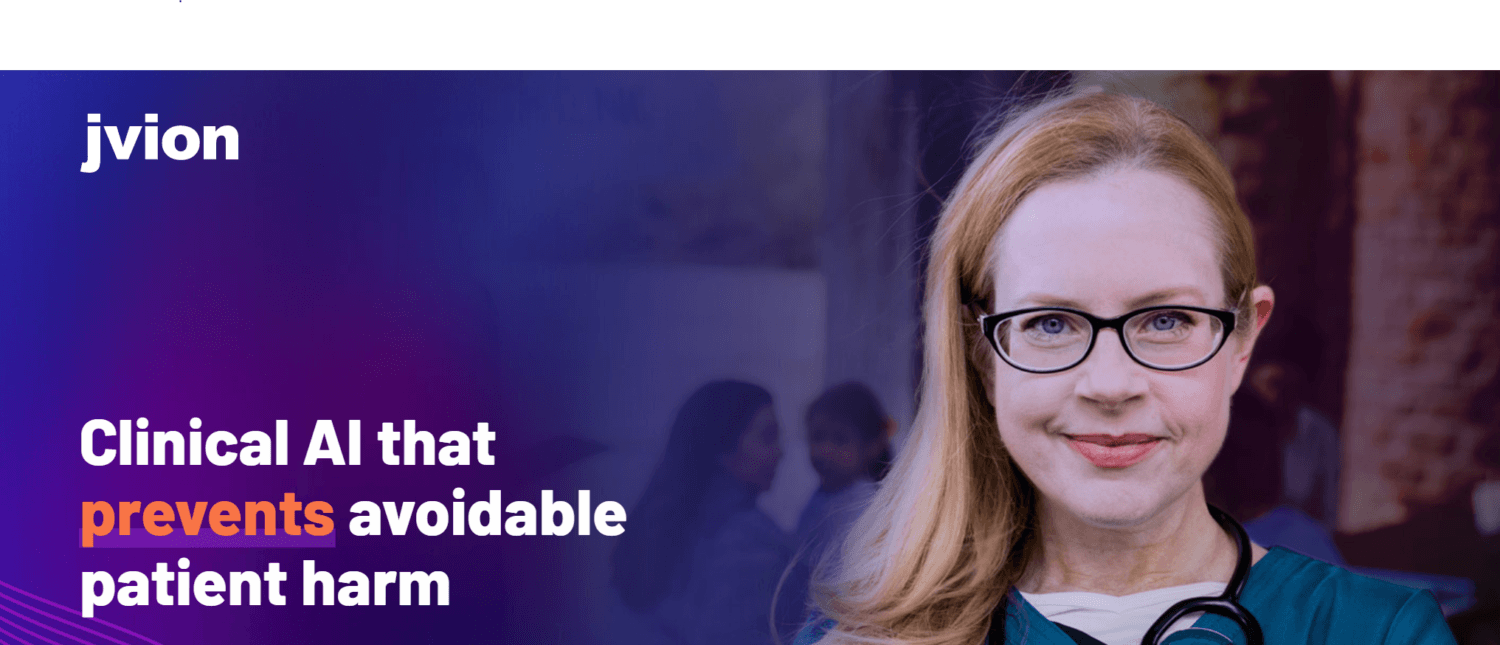
What You Need to Know:
– Jvion launches Social Determinants of Health solution enabling healthcare organizations to align community resources to identify gaps and social barriers to care.
– Jvion’s Social Determinants of Health (SDOH) solution is an analytics layer, featuring an interactive map built on Microsoft Azure.
– Requiring only demographic data, healthcare organizations can drill down from zip code to census tract, block, and individual-level risk to better understand the social barriers of the communities they serve.
Jvion, a leader in Clinical Artificial Intelligence (AI), today announced the release of its innovative Social Determinants of Health (SDOH) solution that identifies socioeconomic barriers driving an individual’s health risk and opportunities for investment in community benefit programs to address gaps in care.
Leveraging Jvion’s peer-reviewed analytics layer and Microsoft Azure Maps, the solution empowers providers and health systems to address underserved populations and inequalities in existing healthcare delivery. Jvion goes beyond helping providers better understand the impact of SDOH by offering individualized interventions that aid in aligning community benefits more effectively.
Building Healthier Communities Together
As alignment and access to community benefit programs continue to be the cornerstone of building healthier communities, providers need appropriate insight into their populations and individual healthcare needs. Hospitals spent $95 billion on community benefits in the most recent year data is available (American Hospital Association), and increasingly both federal and state regulators are seeking clarity on what benefits are being provided to communities with this spend and their impact.
Transform Community Health with SDOH Insights
Jvion’s SDOH solution not only fulfills the federal and state assessment needs for healthcare organizations but also strategically informs providers where to allocate their community benefit spend to have the greatest level of impact.
Jvion’s SDOH solution requires limited input from providers and none from patients, largely relying on its high-performing AI approach, which leverages a global instance of de-identified patients to power the inferential outputs of the solution. Through this approach, the community inherits the attributes of the individual versus traditional methods, which apply community qualities to the individual. The SDOH solution features an interactive map interface built using Microsoft Azure maps and a web-based portal.
SDOH Solution Key Features
Integrating SDOH data into care management allows users to:
– Align community investment to impactable drivers of risk
– Take targeted action on the highest risk patients and populations
– Understand community needs at the census tract level
– Identify patients that would benefit from insurance (e.g., targeted Medicaid enrollment)
Incorporating SDOH can be transformative for care models:
– Enhance ability to effectively address underserved populations
– Address healthcare inequalities
– Improve community resource strategy, allocation, and impact
– Drive better health outcomes
“Providers and healthcare executives recognize the growing role of socioeconomic insights in healthcare, especially in meeting the needs of underserved populations. To date, capturing that data and turning it into meaningful and actionable intelligence has proved elusive for many,” said Shantanu Nigam, CEO of Jvion. “Our unique approach turns socioeconomic, environmental, and behavioral data into real clinical value that drives higher engagement, more tailored interventions, and greater alignment between need and risk, resulting in better outcomes for individuals and the community as a whole.”
